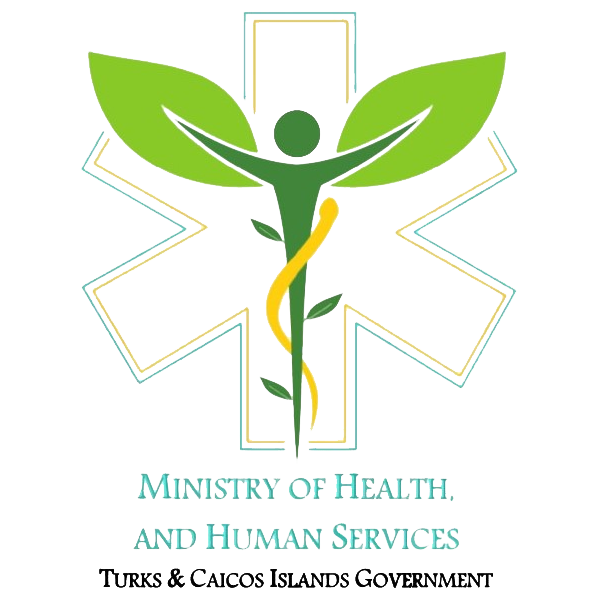
Stress and Coping
The outbreak of coronavirus disease 2019 (COVID-19) may be stressful for people. Fear and anxiety about a disease can be overwhelming and cause strong emotions in adults and children. Coping with stress will make you, the people you care about, and your community stronger.
Everyone reacts differently to stressful situations.
How you respond to the outbreak can depend on your background, the things that make you different from other people, and the community you live in.
People who may respond more strongly to the stress of a crisis include
-
Older people and people with chronic diseases who are at higher risk for COVID-19
-
Children and teens
-
People who are helping with the response to COVID-19, like doctors and other health care providers, or first responders
-
People who have mental health conditions including problems with substance use
Stress during an infectious disease outbreak can include
-
Fear and worry about your own health and the health of your loved ones
-
Changes in sleep or eating patterns
-
Difficulty sleeping or concentrating
-
Worsening of chronic health problems
-
Increased use of alcohol, tobacco, or other drugs
People with preexisting mental health conditions should continue with their treatment and be aware of new or worsening symptoms.
Taking care of yourself, your friends, and your family can help you cope with stress. Helping others cope with their stress can also make your community stronger.
Things you can do to support yourself
-
Take breaks from watching, reading, or listening to news stories, including social media. Hearing about the pandemic repeatedly can be upsetting.
-
Take care of your body. Take deep breaths, stretch, or meditate. Try to eat healthy, well-balanced meals, exercise regularly, get plenty of sleep, and avoid alcohol and drugs.
-
Make time to unwind. Try to do some other activities you enjoy.
-
Connect with others while practicing social distance. Talk with people you trust about your concerns and how you are feeling.
Be psychologically ready and Coronavirus anxiety will not get the best of you.
Call your healthcare provider if stress gets in the way of your daily activities for several days in a row, contact the Department of Mental Health and Substance Dependence on 649-338-3613 in Grand Turk or 649-338-4737 in Providenciales
Should I Wear a Mask?
Only wear a mask if you are ill with COVID-19 symptoms (especially coughing) or looking after someone who may have COVID-19. Disposable face mask can only be used once. If you are not ill or looking after someone who is ill, then you are wasting a mask. There is a world-wide shortage of masks, so WHO urges people to use masks wisely.
WHO advises rational use of medical masks to avoid unnecessary wastage of precious resources and mis-use of masks.
The most effective ways to protect yourself and others against COVID-19 are to frequently clean your hands, cover your cough with the bend of elbow or tissue and maintain a distance of at least 1 meter (3 feet) from people who are coughing or sneezing.
What is Social Distancing?
What does social distancing mean?
Social distancing practices are changes in behaviour that can help stop the spread of infections. These often include curtailing social contact, work and schooling among seemingly healthy individuals, with a view to delaying transmission and reducing the size of an outbreak.
How do you practice social distancing?
As an individual, you can lower your risk of infection by reducing your rate of contact with other people. Avoiding public spaces and unnecessary social gatherings, especially events with large numbers of people or crowds, will lower the chance that you will be exposed to the new coronavirus as well as to other infectious diseases like flu.
Other measures include working from home if possible, organizing meetings via video calls rather than doing them in person and avoiding unnecessary use of public transport.
Social distancing “should be approached sensibly and rationally”. If you do have to be out and about, the World Health Organization recommends maintaining a distance of at least 3ft-6ft between yourself and anyone who is coughing or sneezing. It is also recommended that you avoid physical contact with others in social situations, including handshakes, hugs and kisses.